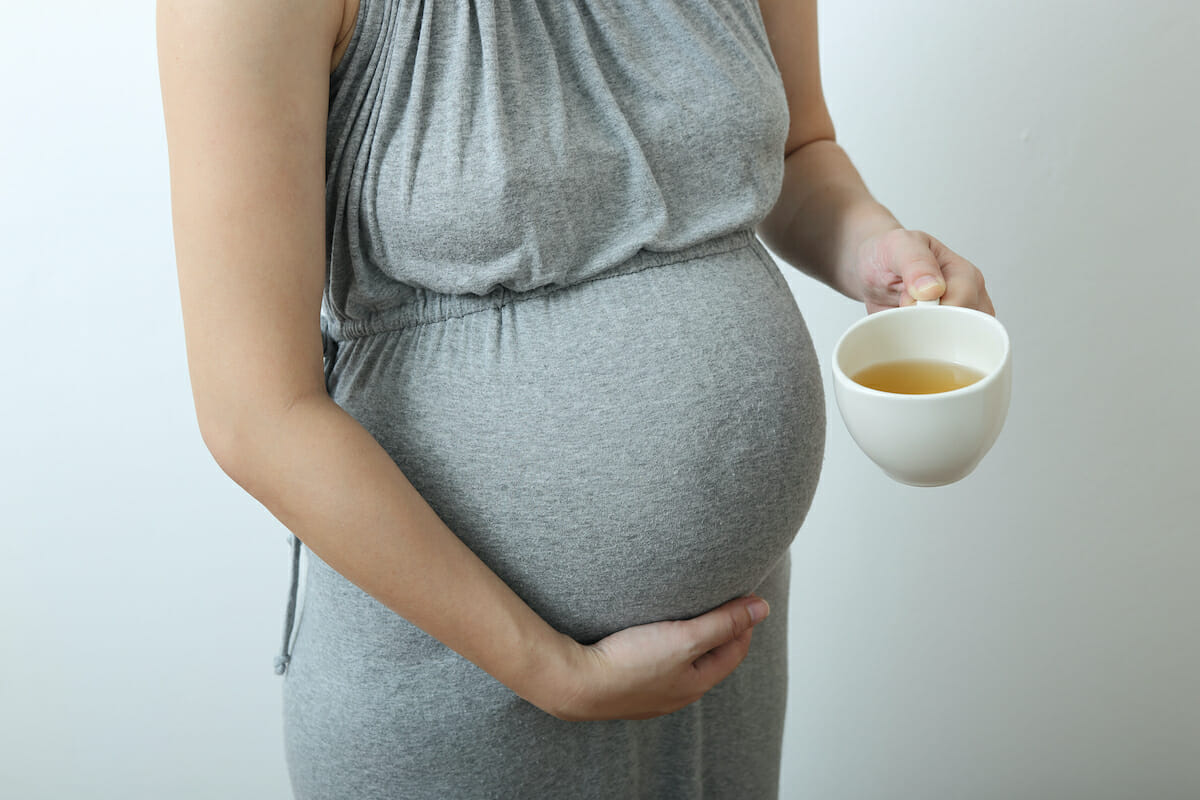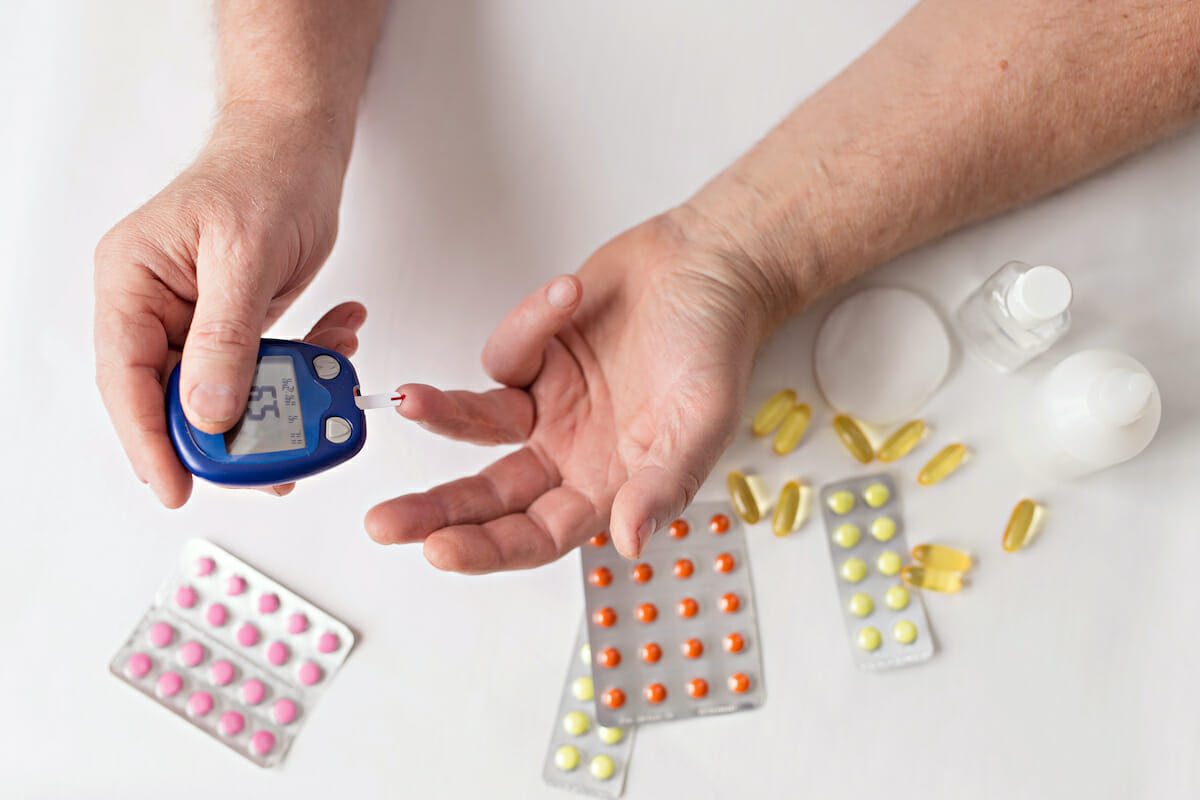Experts say that some caffeine during pregnancy can be safe, but a recent study says that it may affect a child’s height by nearly an inch.
- Caffeine consumption during pregnancy is an area of ongoing research, but experts continue to say that some caffeine during pregnancy may be safe.
- Data from a recent study found that pregnant people who consumed caffeine had children who were shorter than children conceived by those who did not have caffeine during pregnancy.
- Pregnant people can follow the advice of medical professionals and work closely with their doctors throughout pregnancy, including asking about the safety of caffeine intake.
Recommendations and tips for a healthy pregnancy have changed throughout the years with the emergence of more data. One area of interest is how caffeine intake can impact pregnancy outcomes and child development. A recent study published in JAMA found that caffeine consumption during pregnancy may impact child growth. The study found that pregnant people who consumed caffeine had children who were shorter in stature in early childhood.
Recommendations for caffeine during pregnancy: The data on caffeine intake during pregnancy is mixed.
Some evidence suggests that caffeine may be harmful to certain aspects of pregnancy. However, some caffeine intake may be fine and not cause adverse health impacts. Genetics also comes into play… tall people tend to have tall children and shorter people, shorter children.
In fact, the American College of Obstetricians and Gynecologists states that less than 200 milligrams of caffeine during pregnancy is considered safe. Women should always discuss any questions and concerns they have with their doctor; their physician can inform them of existing general guidelines and make any specific recommendations for a given patient, based on their unique history.
Does caffeine in pregnancy impact a child’s development? The new study looked at caffeine intake during pregnancy and its impact on child growth.
Researchers examined a historical cohort of mothers between 1959–1965 and children between 1960–1974. They then examined a more recent cohort of mothers and children between 2009–2013 and 2017–2019.
Researchers measured concentrations of caffeine and paraxanthine (a metabolite of caffeine) in the pregnant woman’s blood during the first trimester of pregnancy. They then looked at children’s heights up to age 8.
The analysis indicated that caffeine consumption during pregnancy was associated with children being shorter later in life.
The difference was distinct, amounting to about a 2-centimeter height difference between children whose mothers had caffeine and children whose mothers did not.
Study limitations and future research on caffeine during pregnancy: Overall, the study’s results indicate that caffeine during pregnancy may influence children’s height—but the study had several limitations that need to be considered.
First, there is a risk of factors that researchers did not consider, such as other aspects of maternal diet.
The study also had limited data collection in some areas. For example, in the modern-day cohort, children’s height measurements were only taken at one point in time.
“It would be important to explore this association between maternal caffeine consumption and child growth in later childhood to see if kids eventually ‘catch up’ in height—ideally, following the children into their early 20s after growth has stabilized. Until we have this long-term follow-up data, we cannot determine the clinical implications of shorter height measures.” —Jessica Gleason, Ph.D., MPH, study author
The bottom line is that women expecting a child should choose to regularly communicate with their doctors and other specialists as they decide how to handle caffeine intake during pregnancy, taking any potential risks into account.









